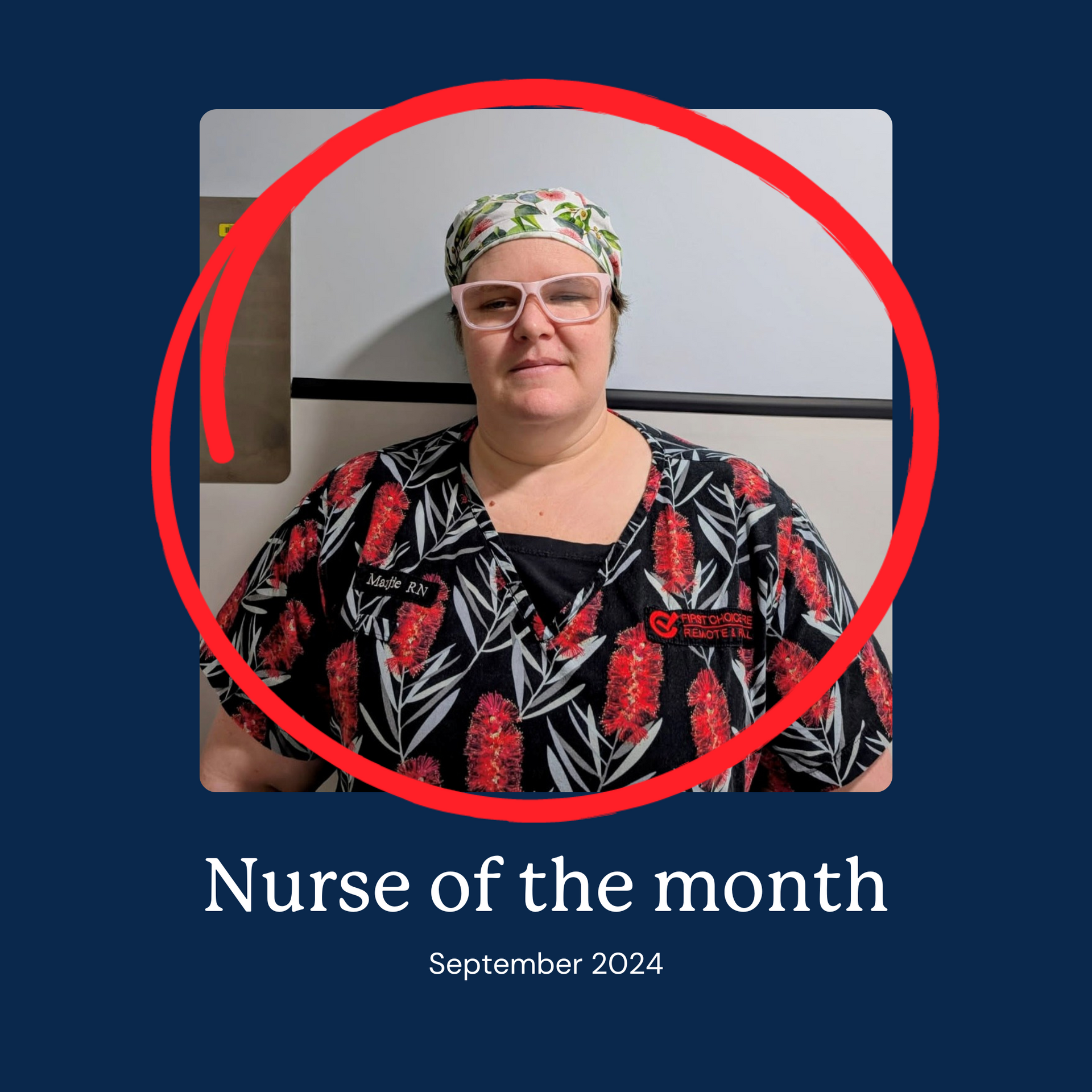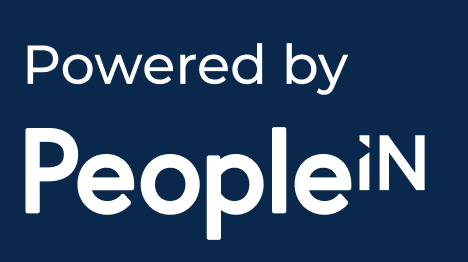The Critical Role of a Specialist Nurse: What Roles Can FCC Offer You? | First Choice Care

First Choice Care (FCC) is a nursing agency that recognises the significant impact specialist nurses make on the healthcare sector. While it is important to us that you enjoy your work, we invite you to challenge yourself too. So, let’s explore what specialist nursing roles FCC can offer you and your nursing career and why it’s worth taking that exciting next step.
What is a Specialist Nurse?
In Australia, the term nurse specialist, which is commonly referred to as a Clinical Nurse Specialist (CNS), is defined by Health Times as “a registered nurse who is recognised as a senior member of staff across all areas of practice but particularly in acute care”. These desirable nurses have likely undertaken additional tertiary education in an area of interest such as oncology, emergency or cardiac services and are actively working in that area.
The other type of specialist nurse in Australia is a Nurse Practitioner (NP). The Australian College of Nurse Practitioners describes the NP role as focusing on improving access to treatment, providing efficient, cost-effective care, and being dedicated to improving the health outcomes of all Australians. NPs have undertaken a masters degree, likely completed extensive research studies and potentially written papers such as a thesis.
The key difference between the two is the advanced scope of practice for NPs. Due to the volume of study and research undertaken, NPs are legally permitted to request and review most diagnostic tests, initiate referrals, prescribe necessary medications and collaborate with other members of the health care team to provide holistic care.
For CNS and NPs alike who are craving a high pressure, stimulating environment, FCC offers a wide range of shifts within critical care areas such as the Intensive Care Unit (ICU), Coronary Care Unit (CCU), Emergency Department (ED) and Midwifery roles in the Ante/Post-Natal & Special Care Nursery. We also offer exciting remote & rural jobs for nurses with specialist qualifications, allowing you to work whilst also exploring beautiful parts of Australia’s North East.
Why Specialist Nurses Are Vital
Specialist nurses, both CNS and NP alike, are essential for the future of healthcare. They are not only needed to set a continuous high standard of care for all staff but their knowledge and expertise are critical to guide patient care both in and out of the clinical environment.
They communicate effectively with staff, patients and their families and they support others patiently whilst displaying kindness and empathy, despite the situation. Specialist nurses are the backbone of the evolving healthcare system and we constantly need more. At FCC we are proud to offer fast paced shifts across both the private and public sectors, giving you the opportunity to utilise your skills and knowledge to truly make a difference.
“Why” & “How To” Become a Specialist Nurse?
It has been continually recognised that nurse specialists will remain in high demand. This is due to an ageing population, the rising cost of technology and treatment, as well as unprecedented times from COVID-19. The skillset of nurse specialists are of great value in the healthcare sector and are very much needed in these busy times.
You can become a specialist nurse by completing relevant postgraduate studies, ranging from a certificate, diploma or even a master’s degree. There are also courses you can undertake which are run by our educational partners, which can significantly boost your confidence and know-how in a particular area. Upskilling can increase your opportunities to secure work with FCC in high-pressure environments where specialised skills are necessary.
So, what can becoming a nurse specialist mean for you?
- Advance your existing nursing career
- Significantly improve your nursing knowledge and expertise, becoming competent in areas out of reach for an RN such as diagnosing, prescribing and referring
- New challenges of learning provide a stimulating environment to work and develop
- Make a true difference to underserved communities if you consider working remotely
- Financial incentives
- Build professional relationships within the industry
- Greater opportunity to secure shift in different critical care areas
Now we’ve got you excited about becoming a specialist nurse and if / when you have undertaken your study, take a look at the positions we have available here. Or get in touch with us to discuss your unique skill set, as we would love to hear from you and find a role that’s suitable.
More articles







